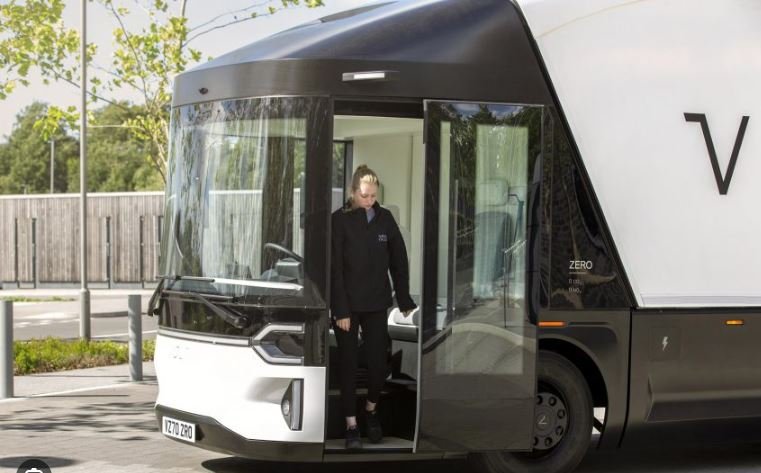The future of electric vehicles (EVs) in urban transport looks promising as cities worldwide embrace cleaner, more efficient mobility solutions. With growing environmental concerns and advancements in technology, electric vehicles are set to transform urban transport in significant ways. Their adoption is expected to reduce emissions, improve air quality, and reshape how people navigate cities.

Reducing Emissions and Improving Air Quality
Electric vehicles play a crucial role in reducing urban air pollution. Unlike traditional gasoline-powered cars, EVs produce zero tailpipe emissions, which significantly cuts down on pollutants such as nitrogen oxides and particulate matter. As more cities implement stringent emissions regulations, the shift to electric vehicles becomes an essential strategy for improving air quality.
The widespread adoption of EVs can lead to healthier urban environments, particularly in densely populated areas where air pollution is a major concern. By reducing vehicle emissions, cities can combat climate change and create more livable spaces for their residents. The positive environmental impact of EVs is one of the key factors driving their growth in urban transport.
Advancements in EV Technology and Infrastructure
The future of electric vehicles in urban transport is closely tied to advancements in technology and infrastructure. Battery technology has seen significant improvements, leading to longer ranges, faster charging times, and lower costs. These advancements make EVs more practical and accessible for everyday use, addressing some of the common concerns associated with electric driving.
In parallel, the expansion of charging infrastructure is crucial for supporting the growth of EVs. Cities are investing in public charging stations and developing fast-charging networks to ensure that EV owners can easily recharge their vehicles. Smart charging solutions, such as dynamic pricing and grid integration, further enhance the efficiency and convenience of EV charging.
Integration with Public Transport Systems
Electric vehicles are not only transforming private car ownership but also making an impact on public transport systems. Many cities are transitioning their bus fleets to electric, reducing emissions from public transportation and setting an example for other sectors. Electric buses offer the same operational benefits as their diesel counterparts, with the added advantage of lower noise and air pollution.
Furthermore, electric taxis and ride-sharing services are becoming more common, providing eco-friendly options for urban mobility. These services contribute to reducing the overall carbon footprint of city transportation and offer residents more sustainable travel choices. As technology advances, the integration of electric vehicles into public transport systems will continue to grow, enhancing the overall sustainability of urban transport networks.
Supporting Urban Mobility Solutions
Electric vehicles are well-suited to support various urban mobility solutions. Car-sharing and bike-sharing programs that incorporate electric vehicles offer residents flexible and sustainable options for getting around. These programs reduce the need for private car ownership, alleviating traffic congestion and parking issues in crowded urban areas.
Moreover, electric scooters and bikes are becoming increasingly popular in cities, providing an eco-friendly alternative for short trips. These modes of transport complement traditional public transit and offer a convenient way to navigate urban environments. By integrating electric options into urban mobility solutions, cities can create more efficient and sustainable transport systems.
Economic and Social Benefits
The rise of electric vehicles also brings economic and social benefits to urban areas. Investment in EV technology and infrastructure creates new job opportunities in sectors such as manufacturing, installation, and maintenance. Additionally, the reduction in fuel costs and maintenance expenses for EVs can lead to long-term savings for both individuals and businesses.
Socially, the adoption of electric vehicles can contribute to a more equitable transport system. By improving air quality and reducing noise pollution, EVs enhance the quality of life for all residents, particularly those living in underserved communities. The shift towards electric transport aligns with broader goals of sustainability and social equity.
Conclusion
The future of electric vehicles in urban transport is bright, driven by technological advancements, environmental benefits, and supportive infrastructure. As cities continue to embrace electric vehicles, they will experience reduced emissions, improved air quality, and more efficient mobility solutions. The integration of EVs into public transport systems and urban mobility programs further enhances their impact, contributing to healthier, more sustainable cities. Embracing electric vehicles will play a crucial role in shaping the future of urban transport and creating a greener, more connected world.



